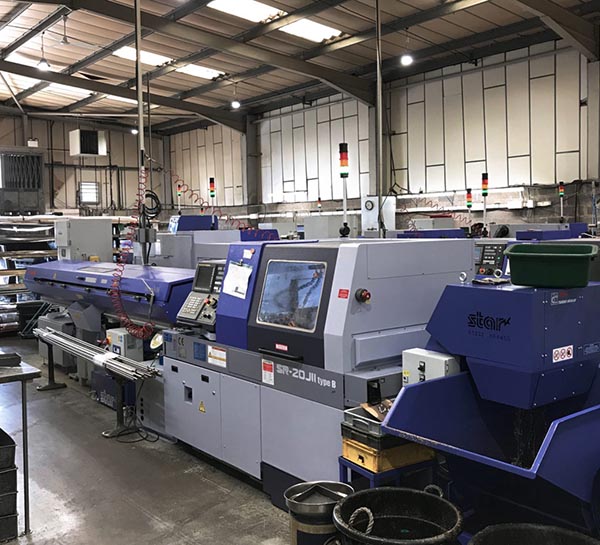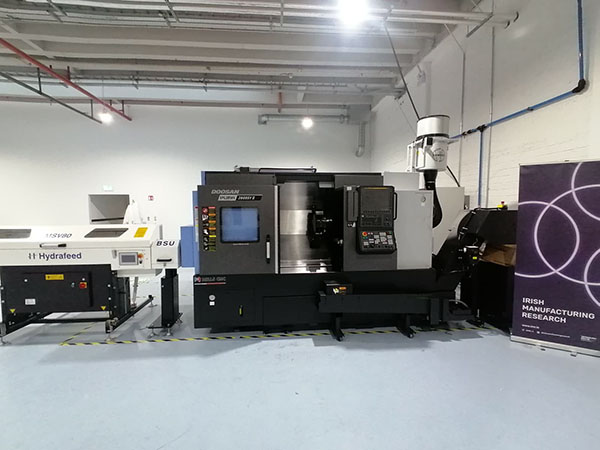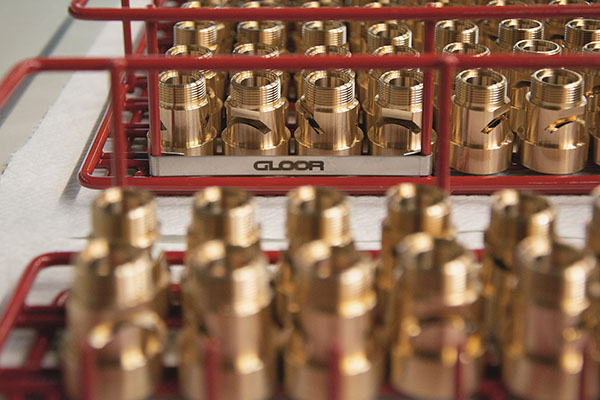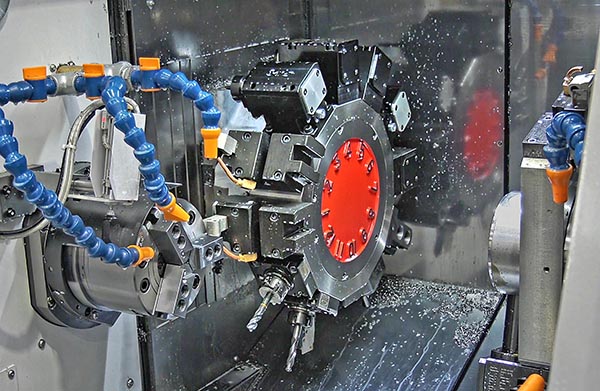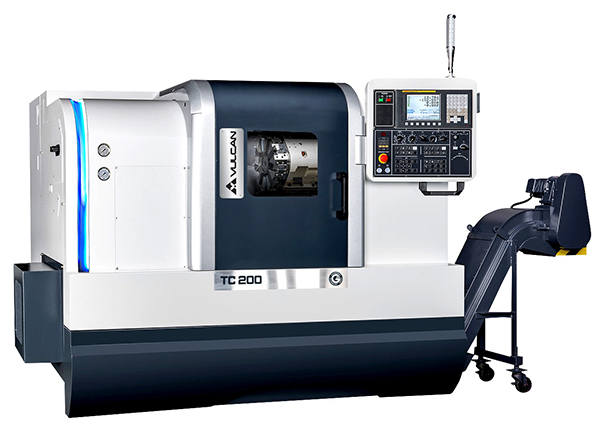
NSR Engineering, a Bristol-based subcontractor specialising in turned and milled components, is celebrating 20 years of success through its partnership with sliding-head lathe supplier Star Micronics GB.
Buying its first Star lathe in 2000, the immediate advantages of incorporating sliding-head technology enabled NSR to quickly expand its machining portfolio just 18 months later. With the additional two Star machines it acquired, the company’s expanding order book soon led it to outgrow its workshop. In response, NSR purchased its own dedicated 5000 sq ft facility in 2002 and transferred its full capacity of three Star lathes and 14 cam auto machines.
With work for its sliding-head section increasing in demand, and each machine already in production around the clock, the company structured a continuous improvement programme which would see each of its cam auto machines systematically upgraded to Star sliding-head lathes. Furthermore, NSR became the very first company to take delivery of a Star SR-20RIII following its launch in 2007.
Fast forward to today, NSR has a total of nine modern Star lathes running 24 hours a day, offering over 1500 hours of machining potential per week.
Company owner John Duerden says: “The performance and reliability of the machines often allows us to compete with prices abroad, and the short set-up time between jobs gives us truly dynamic production capabilities to suit the demands of our customers. As our components come off the machines complete, running the Stars lights-out means that each morning we are presented with nine bins full of parts.”
The company’s most recent investment is an SR-20JII Type B: this latest addition to Star’s 20 mm SR range offers enhanced power on the spindles and live tools, more tooling positions, increased rigidity and the latest Fanuc control.
For further information
www.stargb.com






